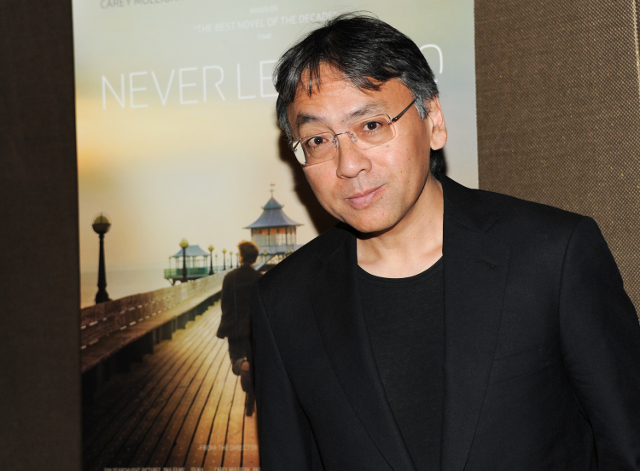The Ijele Masquerade, often referred to as the “King of Masquerades,” holds a revered position in Igbo culture. It is not only the largest masquerade in Africa but also a symbol of unity, spirituality, and cultural identity among the Igbo people.
Its towering presence, vibrant artistry, and profound symbolism make it a centrepiece of Igbo traditions.
The Ijele Masquerade originated in southeastern Nigeria, particularly in Anambra and Enugu states. Oral traditions trace their roots to the Akwunechenyi dance group in Umueri.
It began as a celebratory and protective figure, initially created to intimidate invaders and celebrate royalty. Over time, it evolved into a cultural icon representing greatness and the Igbo people’s connection to their ancestors.
Standing between 12 and 15 feet tall, the Ijele Masquerade is a marvel of craftsmanship. It is constructed from bamboo, colourful fabrics, and intricate carvings.
Its structure is divided into two segments: the upper (Mkpu Ijele) and the lower part (Akpakwuru Ijele), separated by a symbolic python figure, Eke-Ogba.
This design signifies the balance between the spiritual and earthly realms. The preparation of the masquerade requires extensive collaboration, with over 100 men working for six months to complete its elaborate design.
Cultural and Spiritual Significance of Ijele Masquerade
The Ijele Masquerade embodies the collective spirit of the Igbo community. It is a representation of the ancestors’ guidance, protection, and blessings.
Traditionally performed during festivals, burials, and special ceremonies, the Ijele is believed to have spiritual powers, such as warding off evil spirits, promoting fertility, and bringing healing.
Its performance is both a spectacle of entertainment and a deeply spiritual ritual that connects the living to their heritage.
The Ijele Masquerade is a highlight of Igbo cultural festivals, often serving as the grand finale. Accompanied by music, drumming, and traditional dances, its performance captivates audiences with its grandeur and artistry.
These events also serve as a platform for preserving and promoting Igbo heritage, attracting tourists, and generating economic benefits for the community.
Challenges Facing Ijele Masquerade
Despite its cultural significance, the Ijele Masquerade faces challenges in the modern era. Urbanisation, globalisation, and declining interest among younger generations threaten its preservation.
The elaborate nature of its preparation also requires significant funding and resources, which are often scarce. Additionally, cultural appropriation by outsiders risks diluting its authenticity and significance.
Efforts to preserve the Ijele Masquerade have gained international recognition. In 2009, UNESCO listed it as an intangible cultural heritage in need of safeguarding.
This recognition highlights the importance of supporting local communities to maintain their traditions. Advocacy for funding, education, and tourism initiatives is vital to ensuring the continuity of this cultural treasure.
A Symbol of Igbo Identity
The Ijele Masquerade remains a powerful symbol of Igbo identity and resilience. It is a testament to the creativity, spirituality, and unity of the Igbo people.
As it continues to inspire pride and admiration, the Ijele Masquerade underscores the importance of preserving cultural heritage in a rapidly changing world.
By supporting initiatives that promote Ijele, individuals and organisations can help sustain this remarkable tradition for future generations.
Its legacy is not only a source of pride for the Igbo people but also a significant contribution to the global appreciation of cultural diversity.
For further details about the Ijele Masquerade, see sources like UNESCO’s Intangible Cultural Heritage listing and articles exploring its cultural significance.
Read more on culture here.

